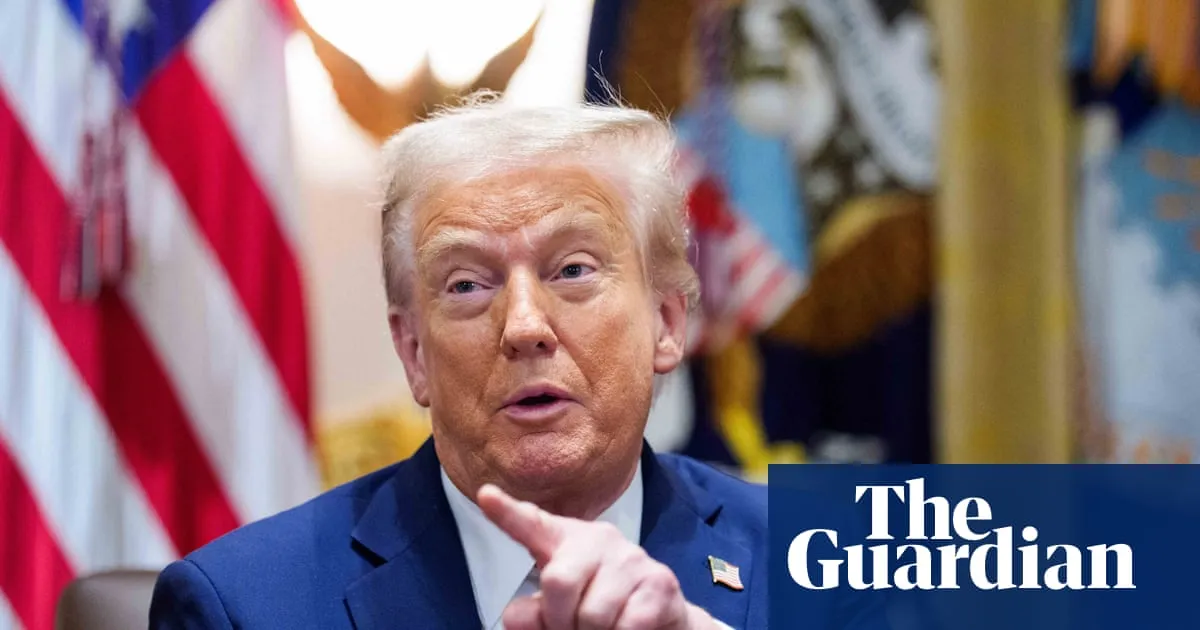
Former President Donald Trump has announced plans to issue an executive order that would mandate identification for all US elections. This bold move is anticipated to face significant legal challenges, as many experts believe it may be unconstitutional. On his social media platform, Truth Social, Trump stated, “Voter I.D. Must Be Part of Every Single Vote. NO EXCEPTIONS! I Will Be Doing An Executive Order To That End!!!” This declaration has reignited discussions surrounding voting regulations and their implications for American democracy.
In addition to the voter ID mandate, Trump has expressed a desire to ban all voting by mail, with exceptions only for individuals who are seriously ill or serving in the military. Such measures could drastically alter the landscape of voting in the United States, particularly as many states have increasingly adopted mail-in voting options. The US Constitution grants primary authority over elections to the states while empowering Congress to legislate on election laws. However, it does not explicitly grant the president the power to regulate voting processes.
Trump's push for voting reform is rooted in unsubstantiated claims that the 2020 election was stolen from him. Earlier this month, he inaccurately asserted that the United States is the only country that uses mail-in voting, neglecting to mention that numerous countries around the world allow some form of voting by mail. Ironically, Trump himself has utilized mail-in ballots in the past, demonstrating a complex relationship with the very systems he seeks to reform.
In the upcoming 2024 elections, data reveals that 14 states and Washington, D.C. experienced mail-in voter turnout exceeding 30%. Notably, Trump won in half of those states, including Utah, where an impressive 91.5% of votes were cast by mail. Utah's elections, overseen by Republican officials, highlight the bipartisan nature of mail-in voting success. Currently, 36 U.S. states have laws that either request or require voters to present identification at polling places, while the remaining states and D.C. utilize alternative methods of identity verification.
Despite claims supporting voter ID laws, research indicates that voter fraud is exceedingly rare in the United States. Furthermore, these laws have been shown to disproportionately affect marginalized groups, including minorities, low-income individuals, and voters with disabilities. According to the Brennan Center for Justice, “As many as 11 percent of eligible voters do not possess the required ID in states with strict ID requirements.” This percentage is even higher among seniors, minorities, people with disabilities, low-income voters, and students, raising concerns about fair access to the electoral process.
This is not Trump’s first attempt to influence voting laws; a previous effort to mandate proof of citizenship for voting was blocked by a federal judge in June 2025. The ruling emphasized that such a law could disenfranchise millions of Americans lacking passports or easy access to birth certificates. Furthermore, married women who have changed their names may not possess citizenship documents reflecting their current legal names, complicating their ability to vote.
As the debate over voter identification and mail-in voting continues, Trump's proposed executive order is poised to become a focal point in discussions about electoral integrity and access in the United States. The impact of these changes, should they come to fruition, will undoubtedly affect millions of voters across the nation.